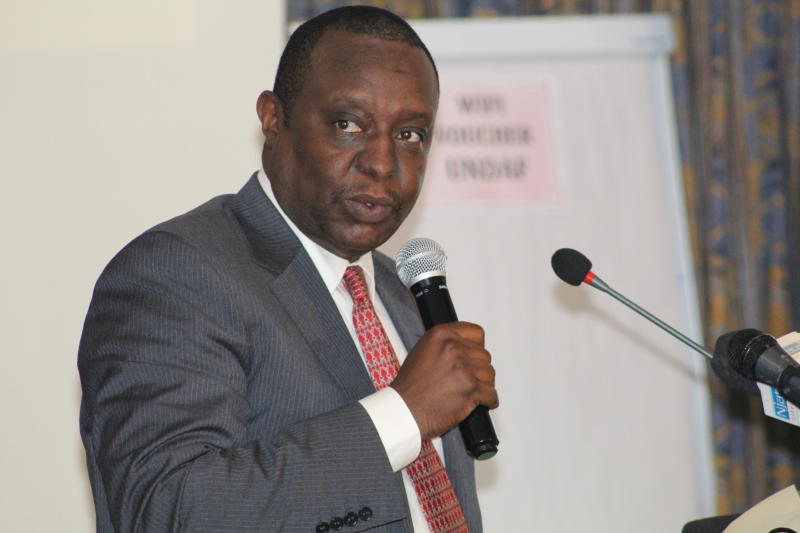×
The Standard e-Paper
Stay Informed, Even Offline

Starting today, you will pay more for a number of goods and services as some of National Treasury’s far-reaching tax measures take effect.
Mobile money transactions, bank transactions for amounts over Sh500,000, kerosene, bottled water, chocolate are some of the items whose prices will go up after Treasury Cabinet Secretary Henry Rotich slapped them with additional duties.